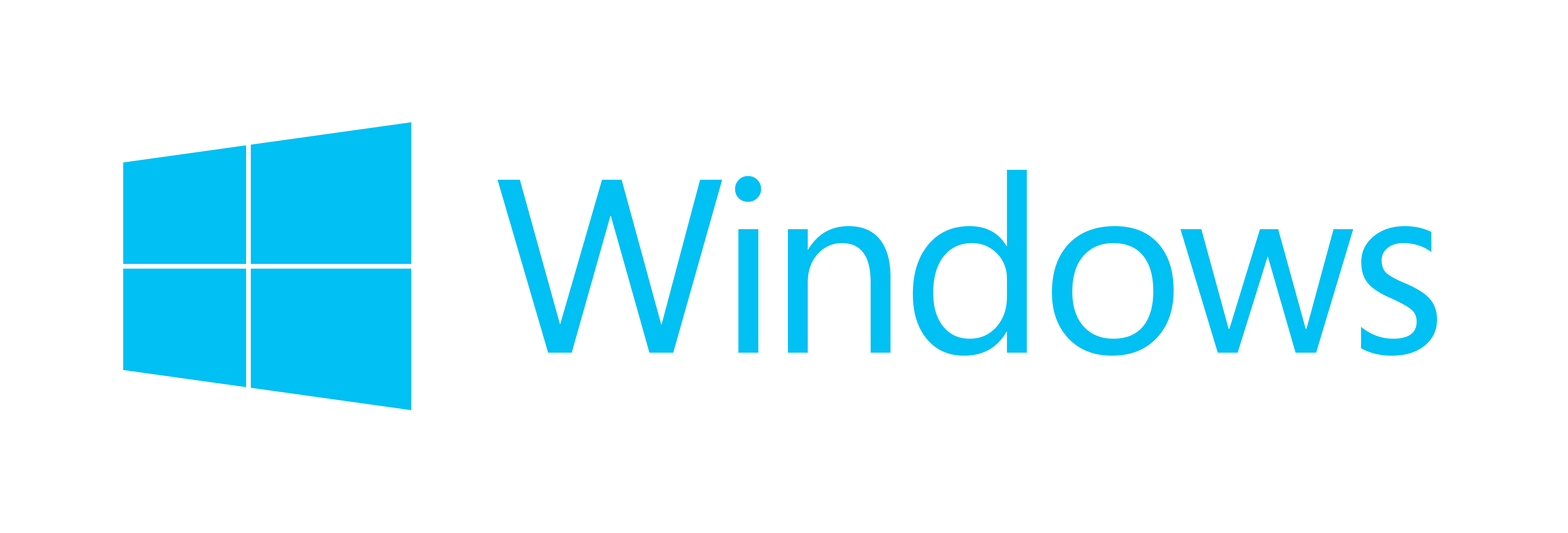8 Major Different Ways You Could Set Up Your Business through Expense Management Software System
A good accounting or say expense management system is generally considered to be one of the cornerstones of any successful business. And regardless of where you are dealing with a smaller business organization or a larger business organization, you would definitely need a few tips from a software development company that could help you in managing the expenses of your business organization.
Keeping everything: Have all the business documents maintained including the invoices, bills, bank statements, receipts and tax documents for the expenditures made related to your company. While dealing with your expense management system the tax advisor would here provide you with the required information on which your documents could be kept permanently and you could dispose after a certain period of time.
Looking out for alternatives when compared to credit cards: If you have been seeing yourself as an ultimate spendthrift, then perhaps having a credit card could help you instead of having a standard credit card. Sometimes you just need to work with limited resources in order to learn how you could discipline yourself.
Having a plan set: While dealing with expense management system you would here need to evaluate and know where your business is now and where would you like to take it in the future. Having a well thought road map is essential to properly forecast the expenses and provide for contingencies.
Deciding what kind of help you require: Depending on the complexity of your business and your comfort level you would here have to decide to handle all the accounts yourself. If not your options would here include hiring a part time bookkeeper, adding a book keeper to your staff and outsourcing the accounts of your organization to the third party. And if you look for help outside try and focus on the companies or the individuals who specialize in small business.
Getting professional input: Whether you are handling accounting by yourself or you are relying on someone in the company, it’s always good to have a professional accountant to do the initial setup of your accounting system in the organization.
Selecting an accounting software: Choose an accounting software package that is easy to use, say for example the quick books, sage 50 and the bookkeeper. Some also offer a free trial period so that you could kick the tires and you decide. Also there are free accounting programs made available though there would be having a limited access towards it.
Entering the data promptly: An accounting software is considered to be good unless and until it has the data entered into it. So have the transactions maintained as soon as possible keeping the records updated along with a backup. Cloud storage systems like the drop box for example are popular as you do not have to worry about the data being stored online, without the data being crashed or damaged when stored in the computer.
Document transactions: Provide your customers with receipts for every piece of transactions especially if they are paying it in cash, reconcile your cash receipts on regular basis. Pay only for expenses that have been authorized, and before you sign do make sure that it is for an authorized and documented expense. Also try and reconcile your accounts using your monthly back and credit card statements.
To conclude no matter what kind of accounting system you have been using there is just one rule for every business to follow keeping your personal and business accounts separate.
Author Bio:
Melissa Patterson is a freelancer and has experience of over 5 years in procurement management software. She has in-depth knowledge about managing travel and different type of expenses incurred in business. She writes about procure to pay software as a freelancer.


